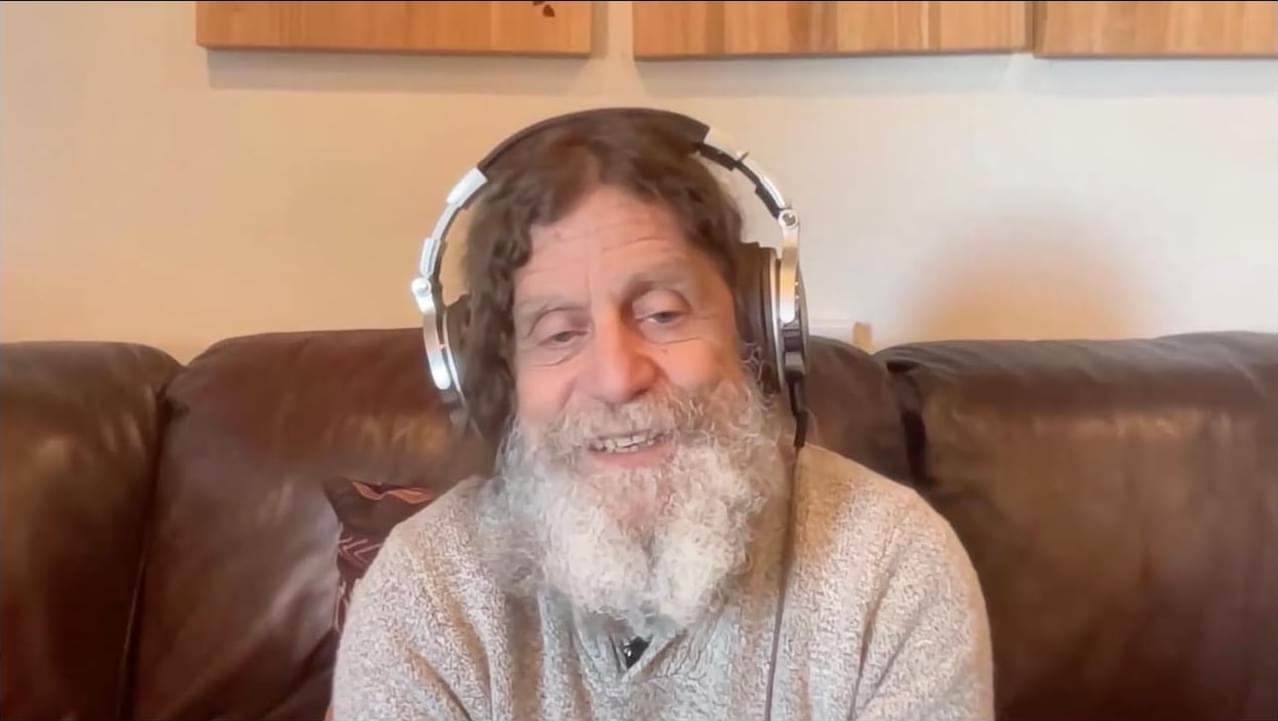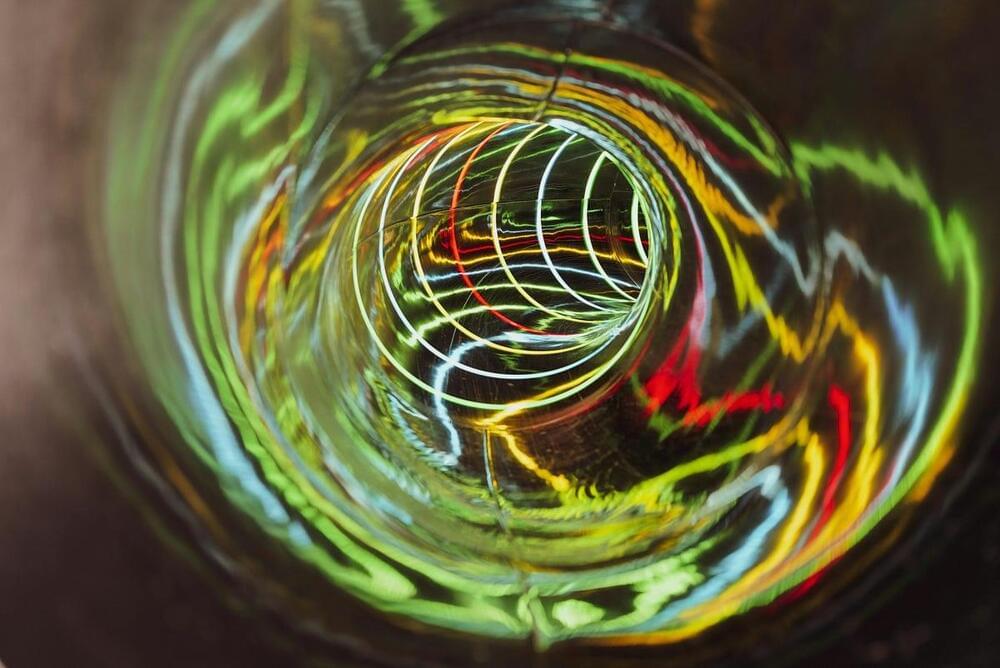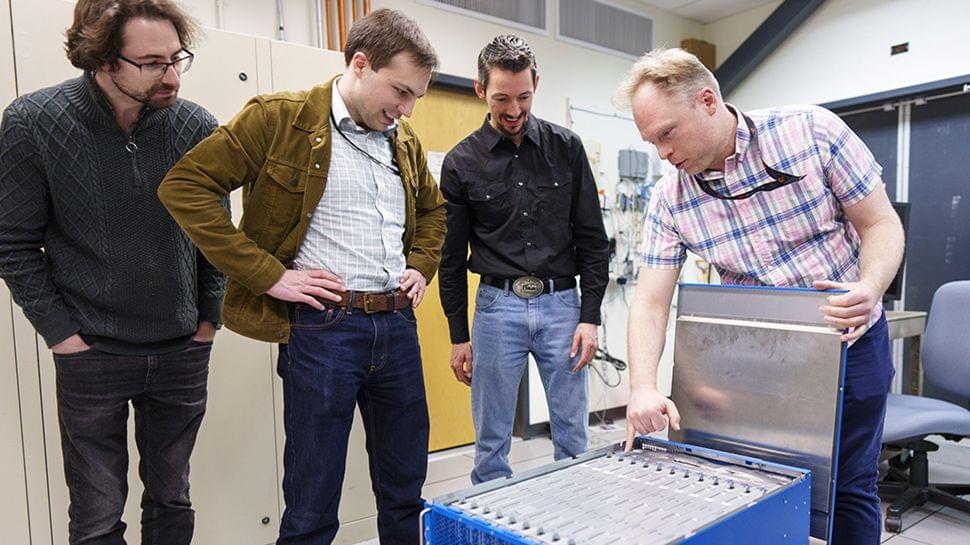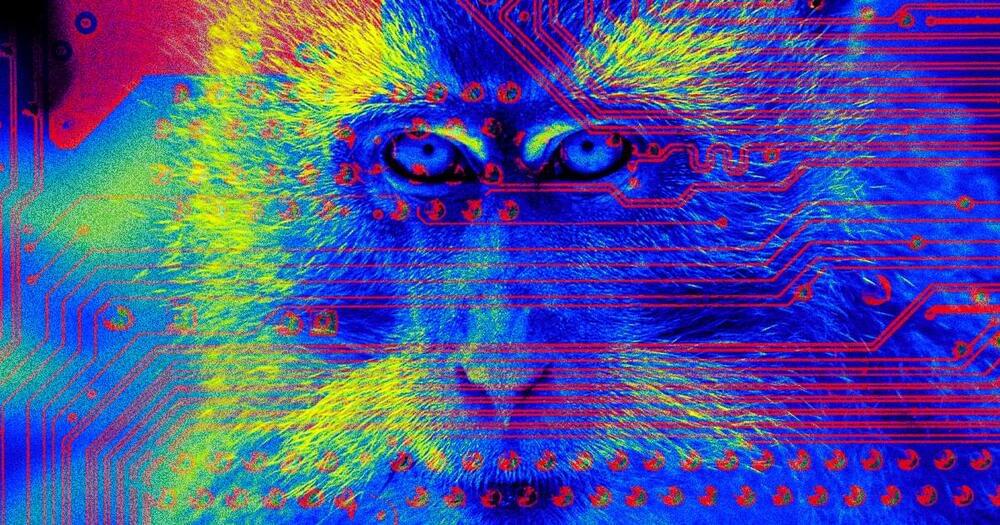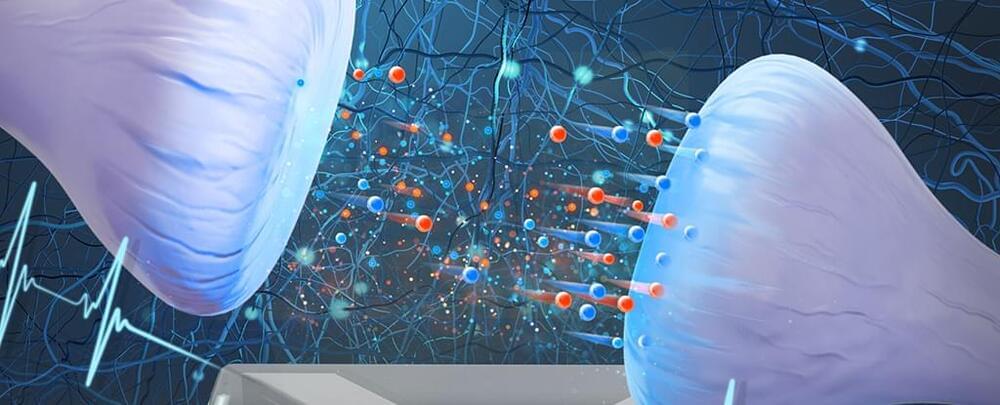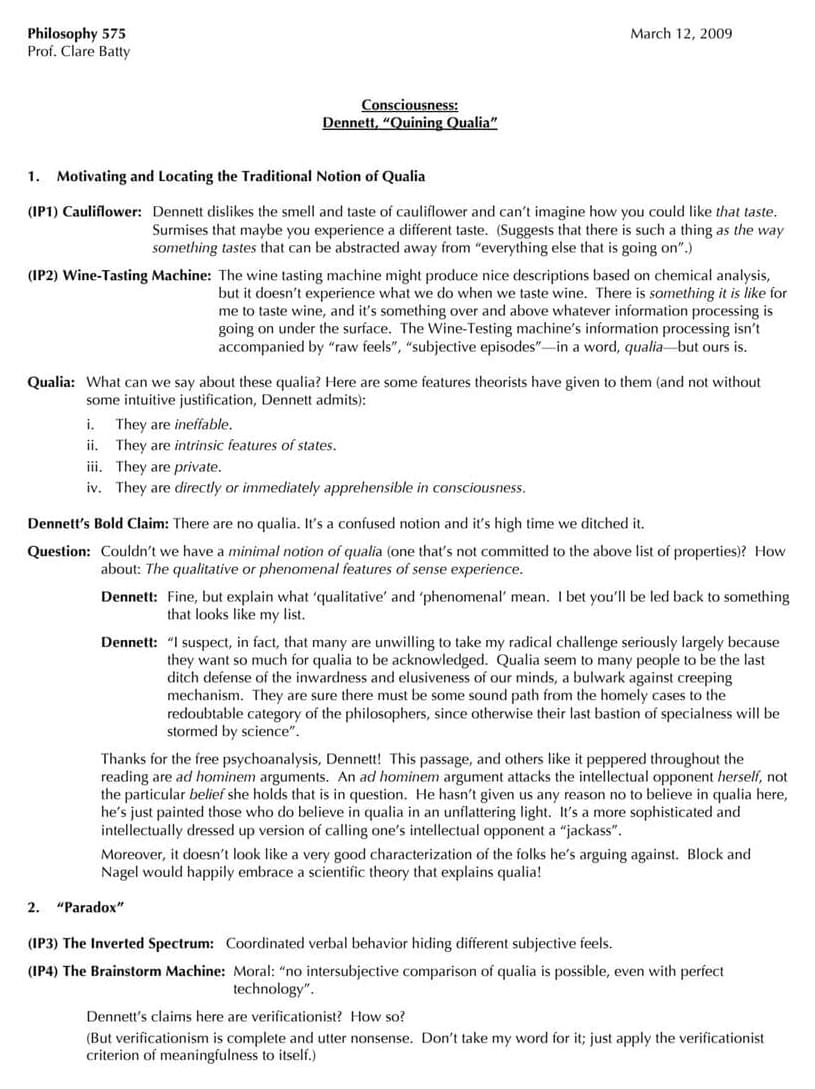Apr 30, 2024
Determined: Life without Free Will with Robert Sapolsky
Posted by Dan Breeden in categories: biotech/medical, education, health, neuroscience
Have you ever looked back on a moment and wondered if you made the right choice? Professor Robert Sapolsky has, but he believes that there was no actual choice at that moment. Professor Sapolsky has staked out an extreme stance in the field: we are nothing more than the sum of our biology, over which we had no control, and its interactions with the environment, over which we also had no control. Explore what it looks like to reject the notion of free will and how doing so can be liberating rather than paralyzing and despairing.
About the Speaker.
Professor Robert Sapolsky is the John A. and Cynthia Fry Gunn Professor and a professor of biology, of neurology, and of neurosurgery. Over the past thirty years, he has divided his time between the lab, where he studies how stress hormones can damage the brain, and in East Africa, where he studies the impact of chronic stress on the health of baboons.
Continue reading “Determined: Life without Free Will with Robert Sapolsky” »
